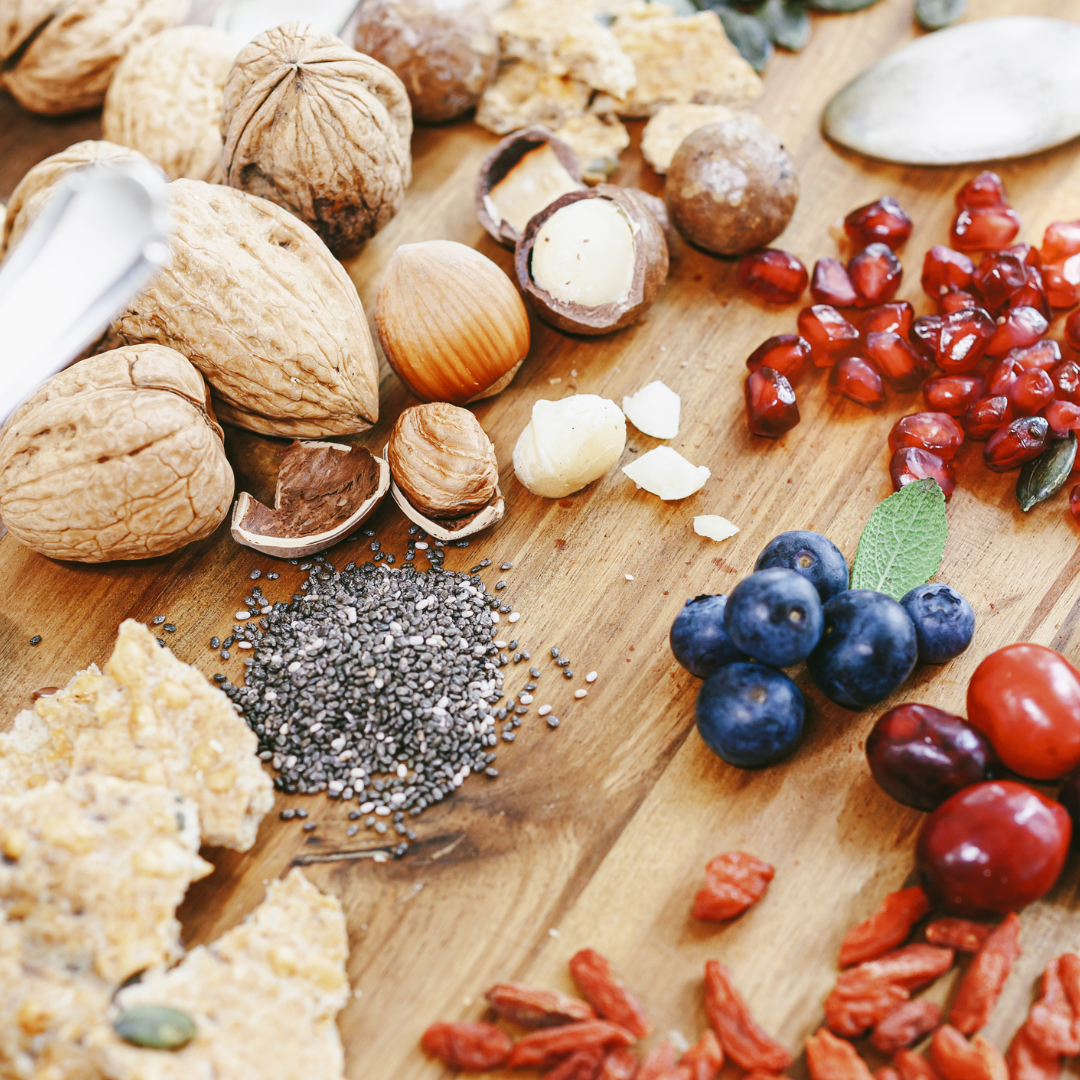Today, more than ever, we are wondering about plant-based eating .
Indeed, this type of diet is a significant lever for action against global warming. Remember that animal farming is responsible for a large part of greenhouse gas emissions. An example: 60kg of CO2 per kg of beef produced compared to 1.4 kg of CO2 per kg of wheat.
Not to mention animal cruelty, water consumption etc... it is therefore legitimate to plant-based your diet. However, reluctance persists on nutritional subjects.
For example, the question of proteins is at the heart of the debates. It therefore seemed important to us to enlighten you on this subject through this blog.
What is a protein?
A protein is made up of amino acids, there are a total of 20 amino acids including:
- 11 amino acids which can be synthesized by our body, this requires providing energy via food to implement this protein renewal.
- 9 amino acids which must be supplied through food, these are “essential amino acids” = AAI. These are the amino acids that are discussed in this article.
It is therefore not the proteins which are essential but rather the amino acids which compose them. Indeed, these are the basic units involved in thousands of functions in our body.
Good protein intake
We speak of good quality proteins when they provide a maximum of essential amino acids and in optimal proportions for the body.
But be careful, you should not want to provide all the AAI through food at all costs. On the contrary, it is better to vary your protein sources to ensure that you have a diversity of amino acids and therefore cover our needs optimally.
To measure the quality of a protein, its digestibility must also be taken into account. Indeed, there is no point in consuming a protein source of AAI if we cannot digest it.
If you are interested in the amount of protein you need to consume to be healthy, simply follow the recommendations:
| Body weight | 50kg | 60kg | 70kg | 80kg | 90kg |
|
Average protein intake* (in g/day) |
33 | 40 | 46 | 53 | 59 |
|
Safety protein intake** (in g/day) |
42 | 50 | 58 | 66 | 75 |
*0.66 g/kg/day and **0.83 g/kg/day
According to one study, consumption of more than 1.6 g/kg/day of protein is not useful even during sustained muscular activity.
And what about plant proteins in all this?
Nowadays, the general public's knowledge of the quality of plant proteins is strongly biased by old scientific research. This is explained by the fact that the study models used (rodents and pigs) are different in terms of metabolism and therefore not very comparable. Indeed, we all think that plant foods cannot provide all 9 AAIs but we will see that this is not the reality.
The fact is that a single food of animal origin can provide all the AAIs while for plant foods it is necessary to vary the protein sources to cover the needs of the 9 AAIs.
In fact, the protein quality of cereals is around 70-80% , compared to animal proteins, which is very correct, and that of legumes is 90-100% , which is almost as much as meat. Therefore, if the sources of plant proteins are diversified then there is no need to worry from a protein point of view.
It is also customary in many countries to consume cereals with legumes, for example rice with red beans or even semolina with chickpeas.
The main risk for a person consuming only products of plant origin is lacking lysine, one of the 9 AAIs. To overcome this, you just need to consume sufficient quantities of foods that contain it: legumes!
Additional information: the French consume on average 1.34 g/kg of protein per day, which is well above the recommendations. We observe that people who plant-based their diet see their protein content decrease, but this does not constitute a risk of reaching an insufficient protein intake, i.e. below 0.66 g/kg per day.
Energy Balls to diversify your protein intake
Natural Energy Balls are very good examples of foods that provide quality protein intake because they are diversified and easy to digest. It is the oilseeds that they contain (almonds, cashews, peanuts and hazelnuts) but also the seeds and cereals (oats, flax and chia) which give them a high protein content. Approximately 10g of protein per 100g of product for 100% vegan Nüttree Energy balls.
These energy balls, being simply composed of seeds, dried fruits, cereals and nuts, have a very low degree of transformation which allows nutrients, particularly proteins, to be properly assimilated.
And because plant-based eating is also and above all about having fun, Nüttree offers a range of 6 Energy-Balls with delicious flavors to punctuate your days.
In summary :
Our body needs the amino acids that make up proteins. There are 9 out of the 20 existing ones that must be provided through food, these are the essential amino acids = AAI .
Not all proteins are of the same quality. The closer a protein's quality score is to 1, the more IAA it will provide in optimal proportions.
To meet our needs for essential amino acids, we must consume protein source products, ensure protein digestibility and vary our intake to maximize amino acid coverage.
The recommended daily protein intake is around 0.83g/kg person, it has been shown that an intake greater than 1.6g/kg is of no benefit to the body.
Plant-based proteins contain all the essential amino acids, you just need to:
- consume sufficient protein
- vary sources: cereals, legumes, oilseeds, etc.
- don't forget that legumes are essential to achieve this!
Sources :- ONAV, ONAV position relating to the assessment of the nutritional quality of plant proteins, 2022
- Hannah Ritchie and Max Roser (2020) - "Environmental Impacts of Food Production".





